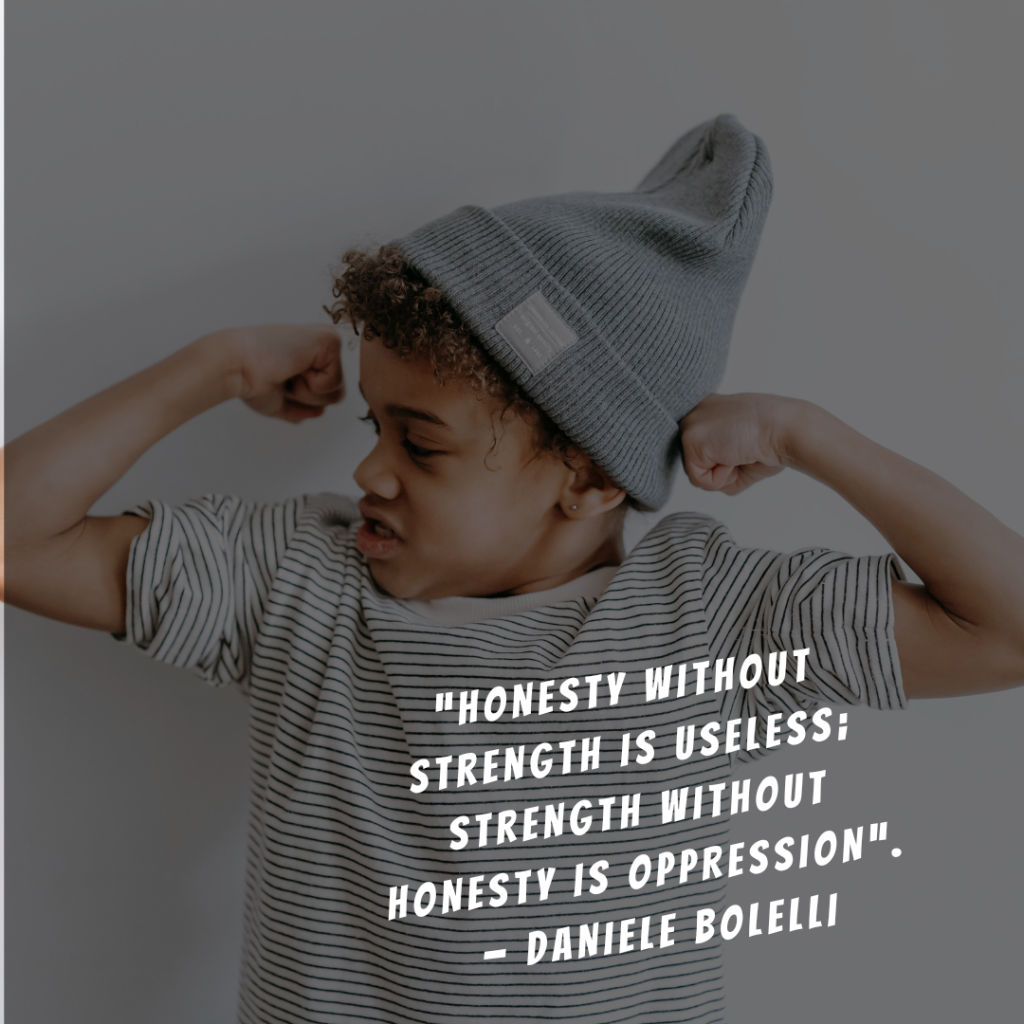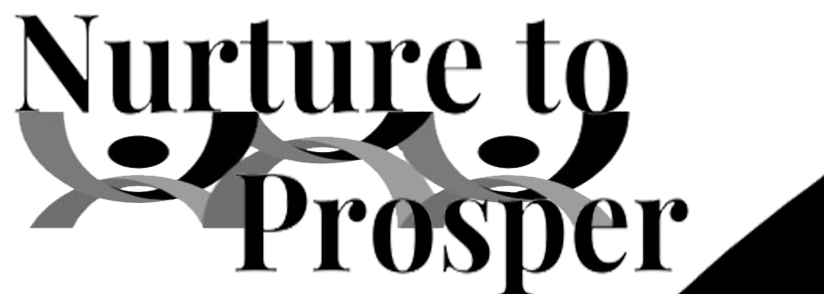Nurturing Honesty in Your Child: Insights from Neuroscience

Recent studies by Associate Professor Ming Hsu at UC Berkeley’s Haas School of Business shed light on the neuroscientific basis of honesty, revealing a link to the brain region responsible for controlling automatic impulses. This research emphasises the importance of the dorsolateral prefrontal cortex in exerting control over impulses, suggesting that honesty requires conscious effort, especially in situations where dishonesty might seem advantageous. Professor Christian Ruff’s work at the University of Zurich further supports this, showing increased brain activity in individuals who are honest. Ruff suggests that strengthening this “honesty muscle” can lead to more truthful behaviour.
As a parent, this research is encouraging because it implies that honesty can be nurtured in your child. Cultivating honesty in children is akin to developing muscles, requiring intentional effort and practice. Given the challenges presented by the current state of the world, where honesty may seem old-fashioned, instilling this value in your child becomes even more critical. The ongoing post office scandal in the UK serves as a poignant real-world example, highlighting the lack of honesty to the detriment of many lives. This situation underscores the potential consequences of dishonesty on a larger scale. It resonates with the biblical story of Achan, whose selfish actions negatively impacted an entire group, creating trouble for the rest. Discussing such stories with your child can help them grasp the real-world implications of honesty and dishonesty.
To foster honesty in your child, consider incorporating a routine similar to a strength training regimen for physical fitness. Begin by helping your child understand that honesty may involve sacrificing personal desires or needs and that making the right choices can be challenging. Share stories about honesty and its consequences, both positive and negative, to illustrate the impact of truthful behaviour. The starting point in helping your child become more honest is acknowledging that both of you need to work on it together. Begin by instilling the belief that your child can improve in this aspect. Reinforce the idea that honesty, like any skill, can be honed with practice and intention.
Here are the key components of an honesty fitness routine:
- Honesty Stories: Share stories that highlight the importance and consequences of honesty. Share personal experiences where telling the truth was difficult or where dishonesty had regrettable consequences. Discuss the positive outcomes of truthful actions and the potential negative consequences of dishonesty. These personal experiences where honesty was a challenge and highlight the importance of staying true to one’s principles.
- Real-time Reviews: Regularly review situations where your child faces a choice between honesty and dishonesty. Discuss the challenges and outcomes, reinforcing the idea that honesty is an ongoing practice.
- Scenario Discussions: Explore hypothetical scenarios where conflicts arise and discuss the implications of choosing honesty or dishonesty. Help your child recognize situations where telling the truth may be difficult but is the right thing to do.
- Leading by Example: Demonstrate honesty in your own actions and decisions. Model the behaviour you wish to see in your child. A significant challenge you will face is being honest about being honest. Holding fast to principles, especially when it’s difficult, is imperative. Modelling this behaviour for your child reinforces the sincerity and integrity you hope to instill in them.
Remember, nurturing honesty in your child is an ongoing process that requires commitment and consistency. By actively engaging in these activities, you contribute to the development of your child’s “honesty muscle,” fostering a foundation for ethical decision-making and personal growth.




